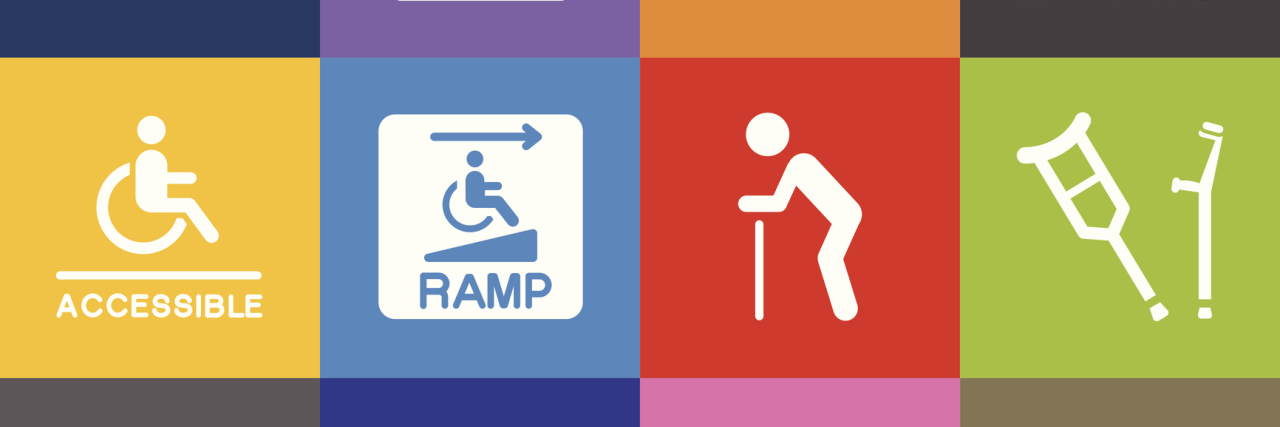Even if you have a chronic condition or disability, you are still alive. You likely still like to be a part of the world around you, socialize, engage with others who may or may not share similar health issues and in general have fun. But that does not mean that every single event you may want to be a part of is somewhere that is accessible to you. It could be the location of the event, it could be the nature of the event itself or, possibly, it could be the people at the event that make it hard for you to be able to go.
I cannot speak for everyone, but from personal experience, I know I have sometimes avoided events because I did not want to ask for an accommodation at it. This was especially so in the first months of being diagnosed with a chronic condition and beginning to use a mobility aid. Due to pride, to embarrassment and even just not knowing how and what to ask, I avoided going to events. So I would choose to stay home and go to events I knew would be accessible because my friends were organizing it.
But that is a limited part of the world, and no one should be boxed in because of lack of accommodation.
Now, while the Convention on the Rights of Persons with Disabilities (CRPD) and the various constitutions, laws and bills that exist within various countries of the world provide for “full and effective participation and inclusion in society” (article 3c), there is still a need to translate this into practical terms. This is why it becomes important for individuals with chronic conditions and disabilities, as well as their caregivers, to engage as the teachers and advocates in order to teach strategies for event organizers to allow for as much accessibility as possible.
Many event organizers are now conscious of providing an event space that can be accessed by individuals using wheelchairs and other mobility aids, as well as working to provide access to washrooms. Yet there are other ways that access to events can still be provided. Examples include having an area that has low sensory stimulation and seating, serving gluten-free alcoholic drinks and providing areas that are climate controlled if the event is outside.
Event organizers debrief post-event – and the accommodations that are asked for during the event are noted and discussed. These accommodations can then be incorporated into the event plan from the get-go the following time the event is done. But if we as a community of individuals who are chronically ill or have disabilities do not advocate and teach about our accommodation needs, then events will not evolve to be truly accessible. As such, we have the right to both ask for accommodations and the need to do so in order to be able to participate. But it is also a teaching tool, and one that is important to help all who participate within the community to learn how to truly be supportive of everyone’s equity in order to achieve equality.
Getty Image by greenwatermelon

